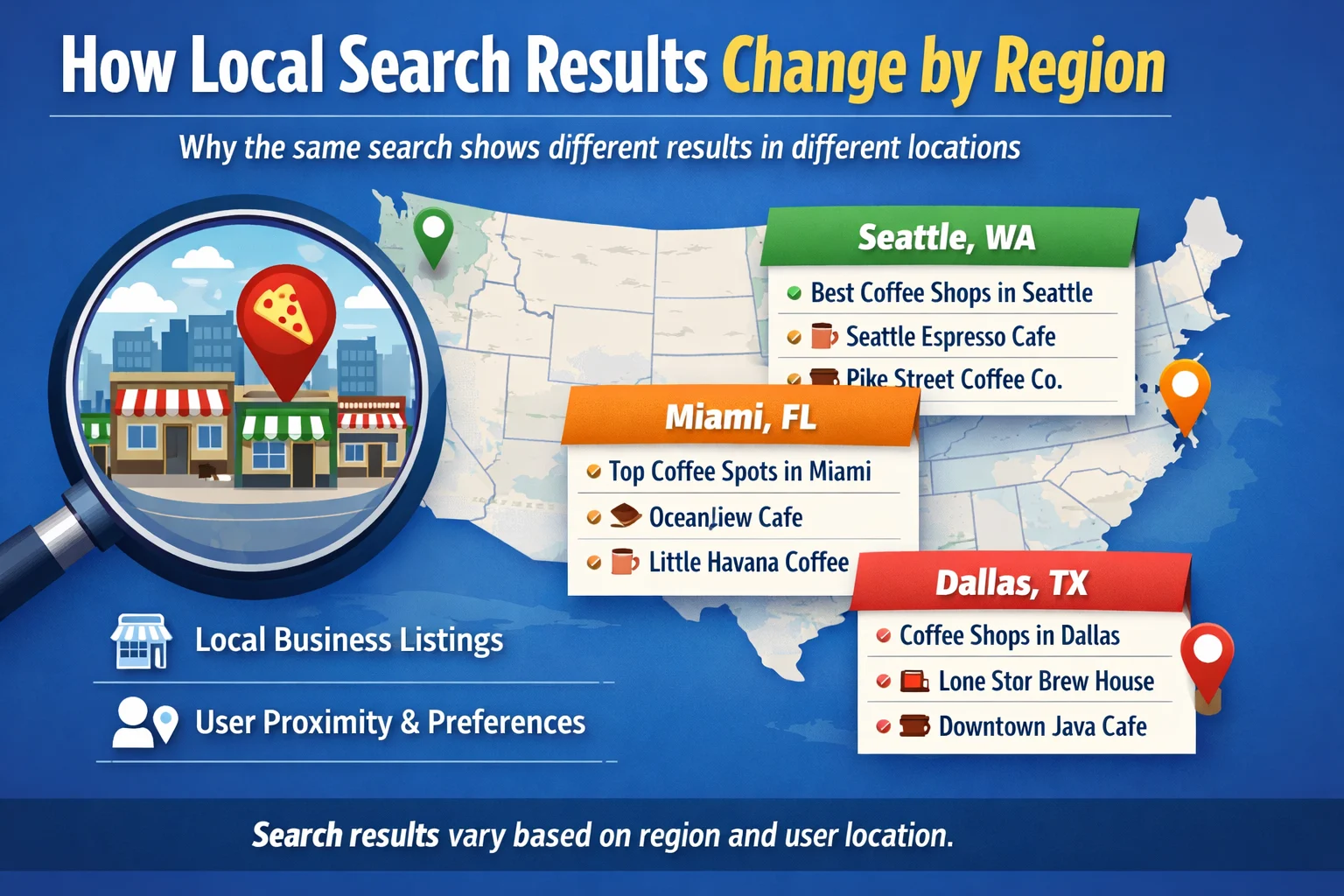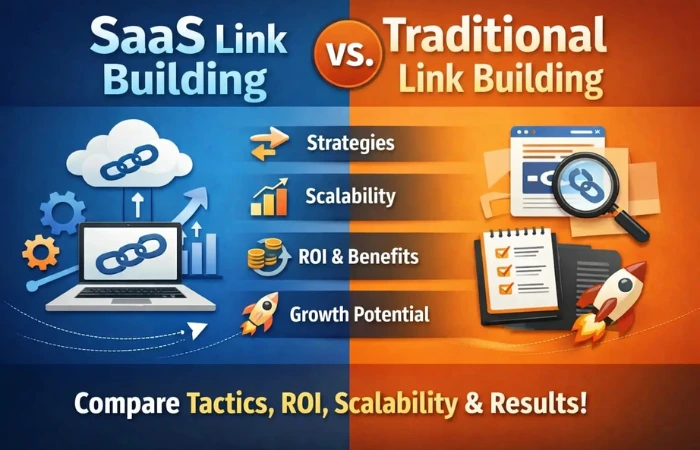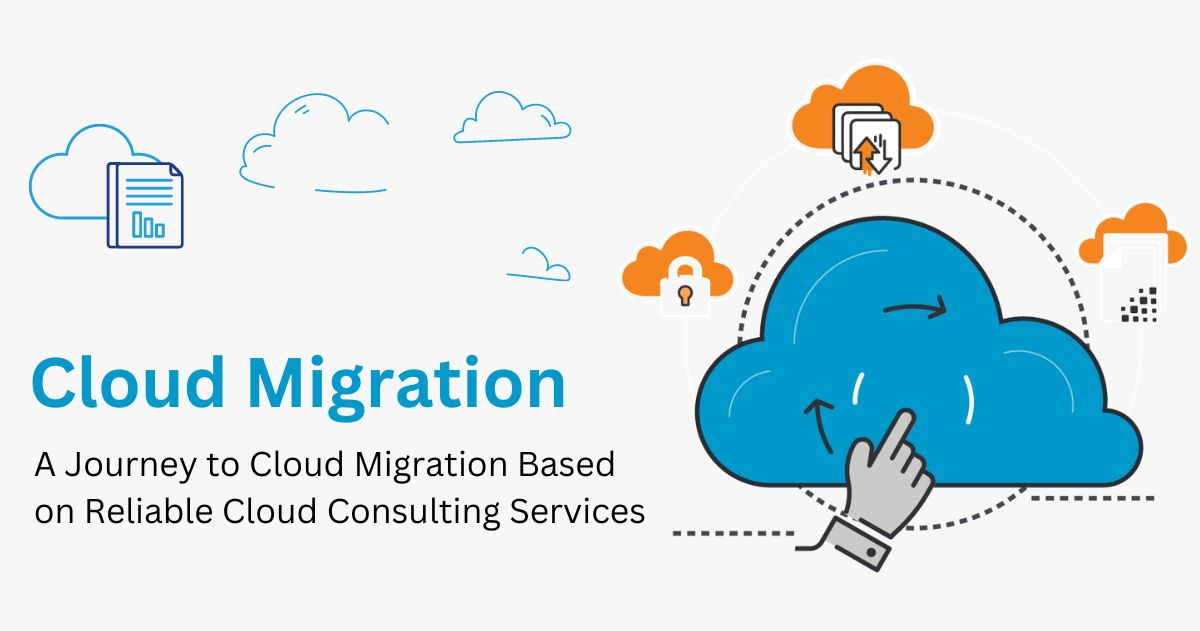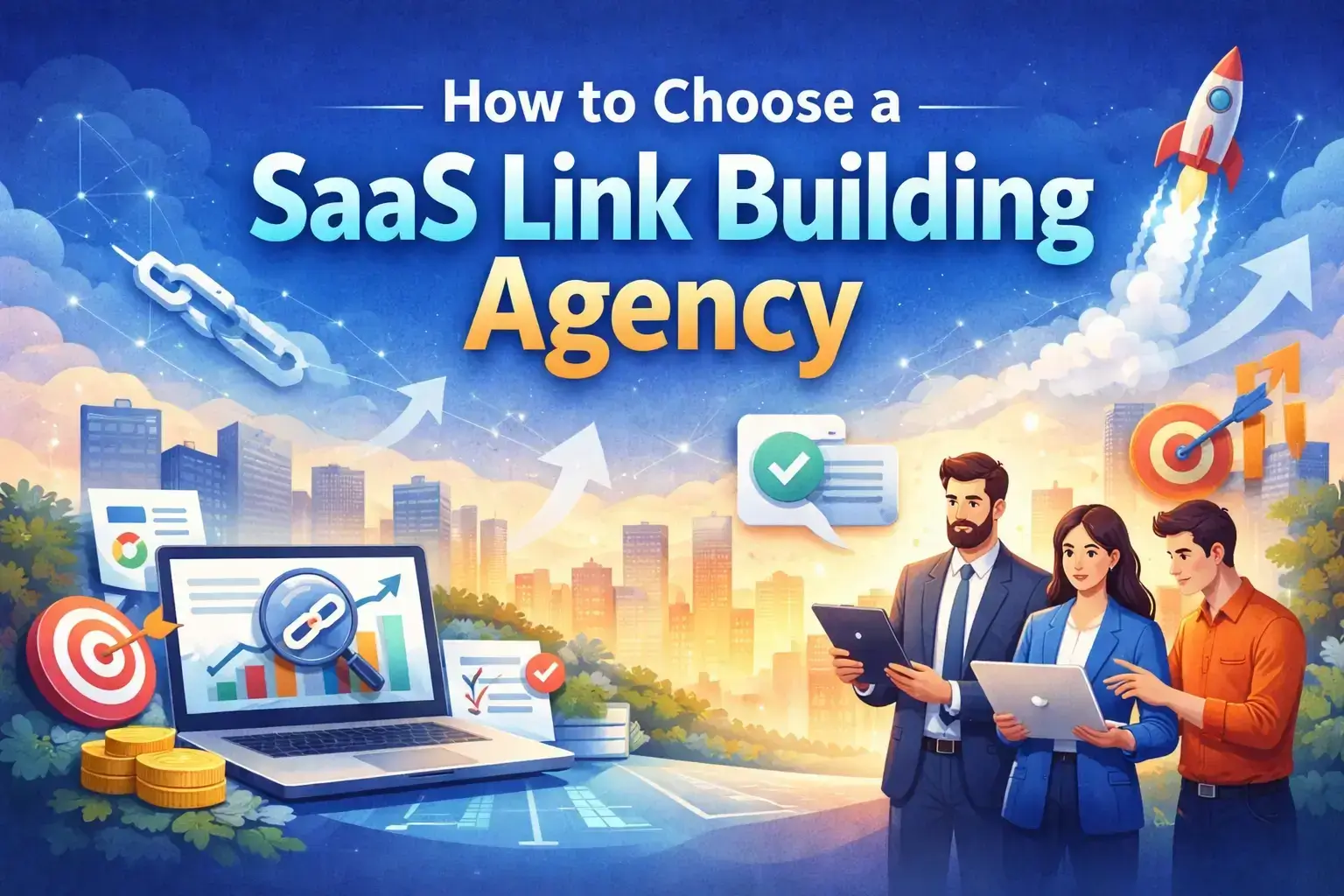Agencies thrive on building strong client relationships, managing multiple projects, and delivering measurable results.
However, with tight deadlines, scattered communication, and data spread across various tools, inefficiencies can creep in quickly. That’s where a CRM for agencies becomes a game-changer.
A well-implemented CRM doesn’t just organize client information. It streamlines operations, improves collaboration, and directly impacts your bottom line.
This guide explores the key benefits of CRM for agencies and why it’s no longer optional if you want to stay competitive.
1. Centralized client management
Agencies juggle multiple accounts at once. Without a single source of truth, details get lost in emails or spreadsheets. An agency CRM software centralizes all client data in one place.
- Contact details, project notes, and communication history are easily accessible.
- Teams can view the complete client journey without needing to search through various tools.
- Personalized service becomes consistent across campaigns and accounts.
By reducing errors and improving transparency, agencies strengthen relationships that lead to repeat business and higher client retention.
2. Better communication and collaboration
Effective communication drives agency success. But when project managers, designers, and account executives use different tools, silos form. A CRM breaks these barriers.
- Team members can log calls, emails, and chats in one platform.
- Internal collaboration improves with shared visibility into client updates.
- Notifications ensure no follow-ups slip through the cracks.
More transparent communication leads to stronger client trust and fewer costly mistakes.
3. Streamlined project and task management
Agencies often run dozens of projects at once. Keeping track of timelines and deliverables can be overwhelming. A CRM with project management features keeps teams aligned.
- Assign tasks, set deadlines, and track progress in real time.
- Integrate workflows across departments to prevent duplication.
- Automate reminders for milestones and approvals.
This streamlined approach minimizes delays and helps keep projects within budget. The result? Higher margins and happier clients.
Read : Affordable AI Tools for Small Businesses Marketing
4. Data-driven decision-making
Gut feelings are risky in client services. A CRM gives agencies reliable insights through reporting and analytics.
- Track campaign performance with custom dashboards.
- Monitor revenue by client, project, or channel.
- Identify top-performing strategies and areas for improvement.
By using data instead of guesswork, agencies optimize resource allocation and improve profitability.
5. Improved lead management
Winning new business is just as important as keeping existing clients. A CRM supports agencies in capturing, qualifying, and nurturing leads.
- Capture leads directly from your website or ads.
- Automate follow-ups with personalized emails or texts.
- Score leads to focus only on high-value opportunities.
Agencies that manage pipelines efficiently close more deals and reduce acquisition costs.
6. Automation of repetitive tasks
Repetitive tasks drain time and creativity. CRMs automate these processes so your team can focus on strategy and execution.
- Automate onboarding workflows for new clients.
- Trigger reminders for contract renewals or invoice follow-ups.
- Set up drip campaigns for nurturing prospects.
Automation reduces overhead and ensures consistent client experiences.
Find here : What Makes a Tool the Best Email Verification Solution in the Market?
7. Enhanced client reporting
Clients expect transparency on how their money is spent. A CRM simplifies reporting by consolidating data.
- Share campaign performance reports in real time.
- Customize dashboards to highlight client-specific KPIs.
- Use visual charts that are easy for non-technical clients to understand.
Better reporting builds trust and strengthens long-term partnerships.
8. Scalability for growth
Small agencies may rely on spreadsheets at first. But as accounts grow, those systems fail. A CRM scales with your agency.
- Add users and accounts without breaking workflows.
- Integrate with marketing, finance, and support tools.
- Standardize processes across multiple teams or locations.
This scalability allows agencies to grow without losing efficiency.
9. Stronger client retention
Retention is more profitable than constant acquisition. A CRM improves retention by ensuring no client feels neglected.
- Track birthdays, renewals, and engagement history.
- Deliver personalized experiences through targeted campaigns.
- Monitor satisfaction trends with feedback tools.
By being proactive, agencies build loyalty that translates into recurring revenue.
10. Direct impact on your bottom line
The cumulative effect of CRM adoption is apparent. Centralized data, automated workflows, and improved decision-making drive financial performance.
- Reduced overhead from manual processes.
- Higher margins from on-time, on-budget delivery.
- Increased revenue from upselling and renewals.
In short, CRM for agencies isn’t just about organization—it’s a direct investment in profitability.
Best practices for agencies adopting a CRM
Adopting a CRM is more than installing software. Success comes from aligning it with your agency’s goals.
- Define objectives: Know whether your priority is client retention, lead generation, or operational efficiency.
- Train your team: Ensure everyone uses the CRM consistently to avoid data gaps.
- Customize workflows: Adapt the tool to match your agency’s processes.
- Track adoption: Monitor usage metrics and adjust based on feedback.
A CRM is only as powerful as the processes it supports.
Conclusion
For agencies, a CRM is more than a client database; it’s a growth engine. By improving collaboration, automating tasks, and providing real-time insights, agencies can deliver better results while protecting their margins.
The benefits are clear: stronger client relationships, improved retention, and a healthier bottom line. Agencies that adopt CRM will not only streamline their operations but also differentiate themselves in a competitive market.
Now is the time to act. If your agency still relies on scattered tools or spreadsheets, a CRM could be the upgrade that transforms your future.
Harsh Mistri is a Digital Marketing Executive with over 8 years of experience in SEO, online marketing, and growth strategies. He is passionate about exploring the evolving digital landscape and enjoys writing about technology, SEO, and digital marketing.







